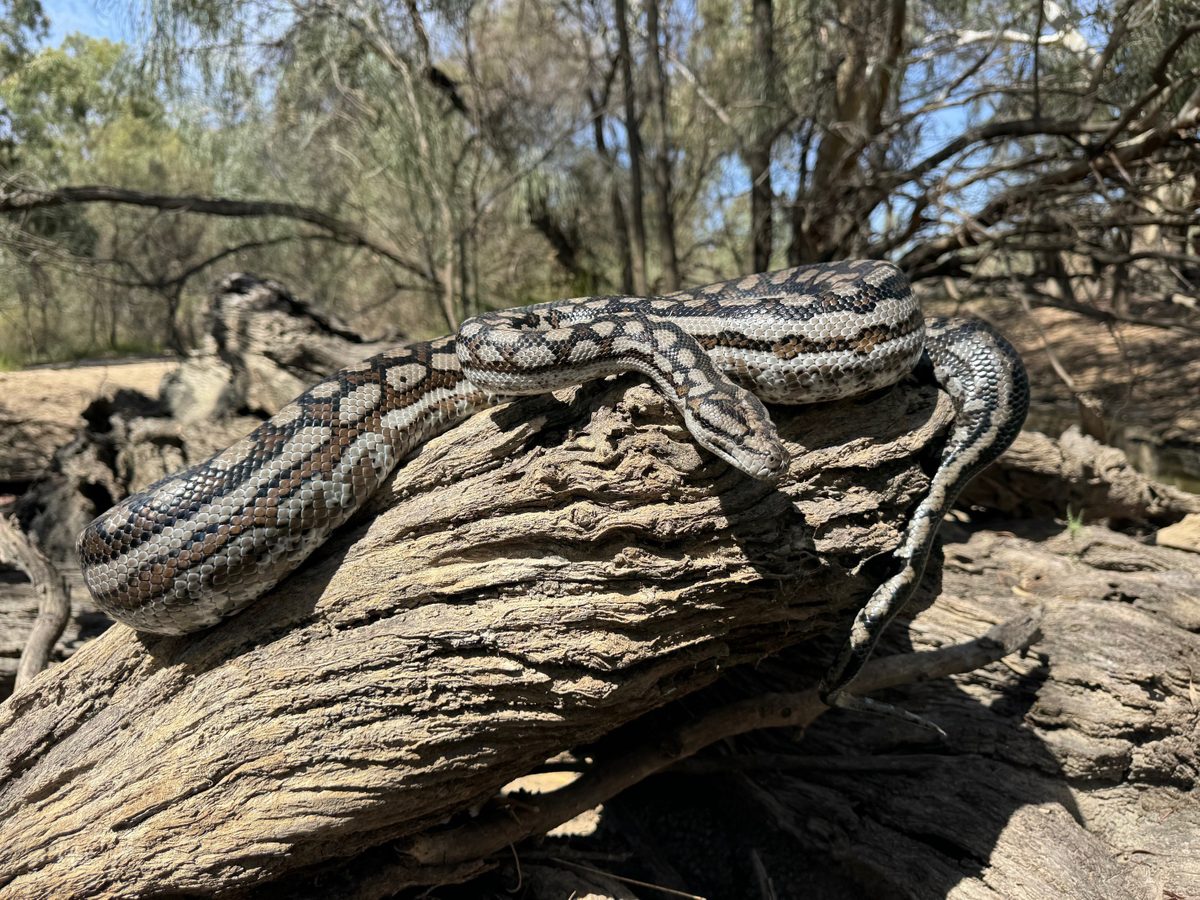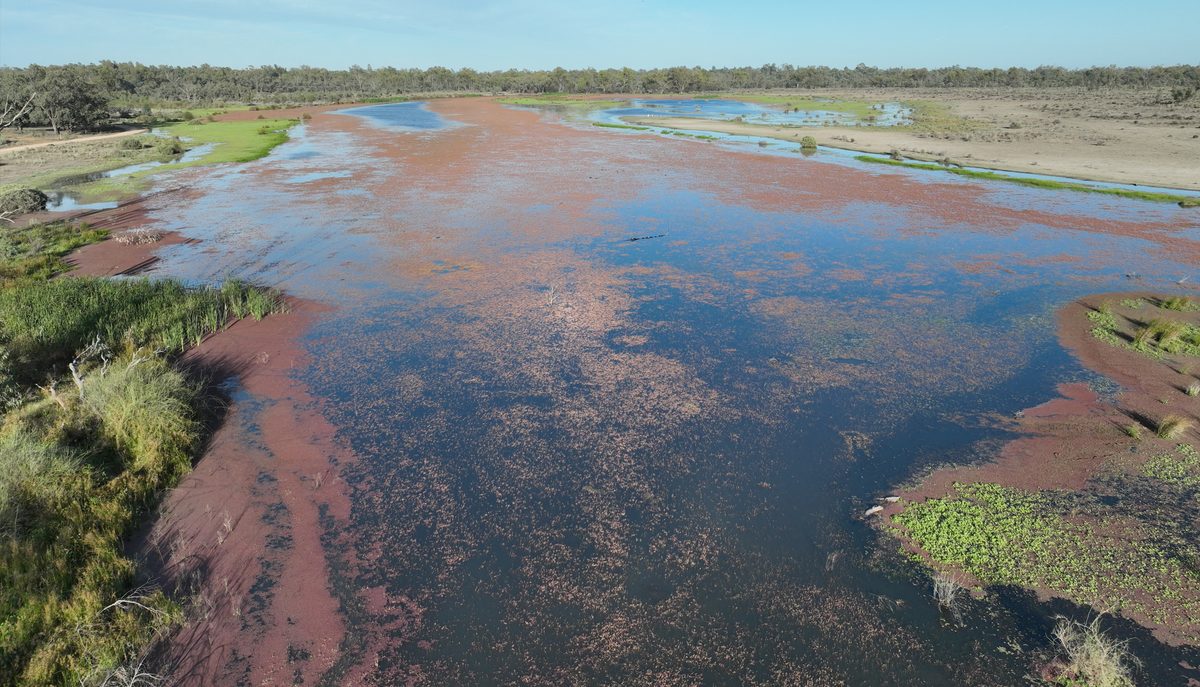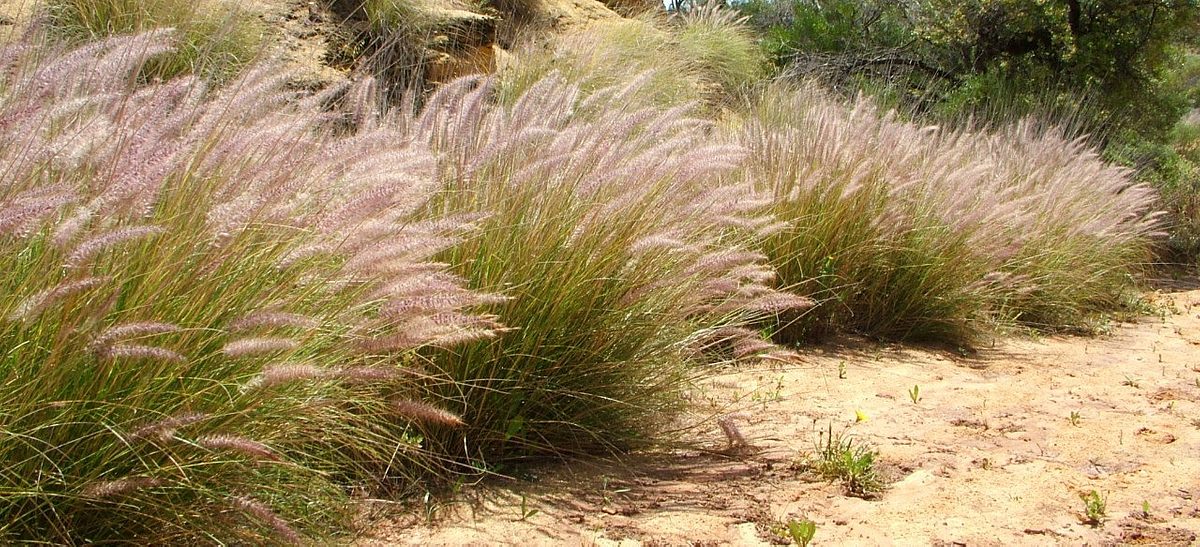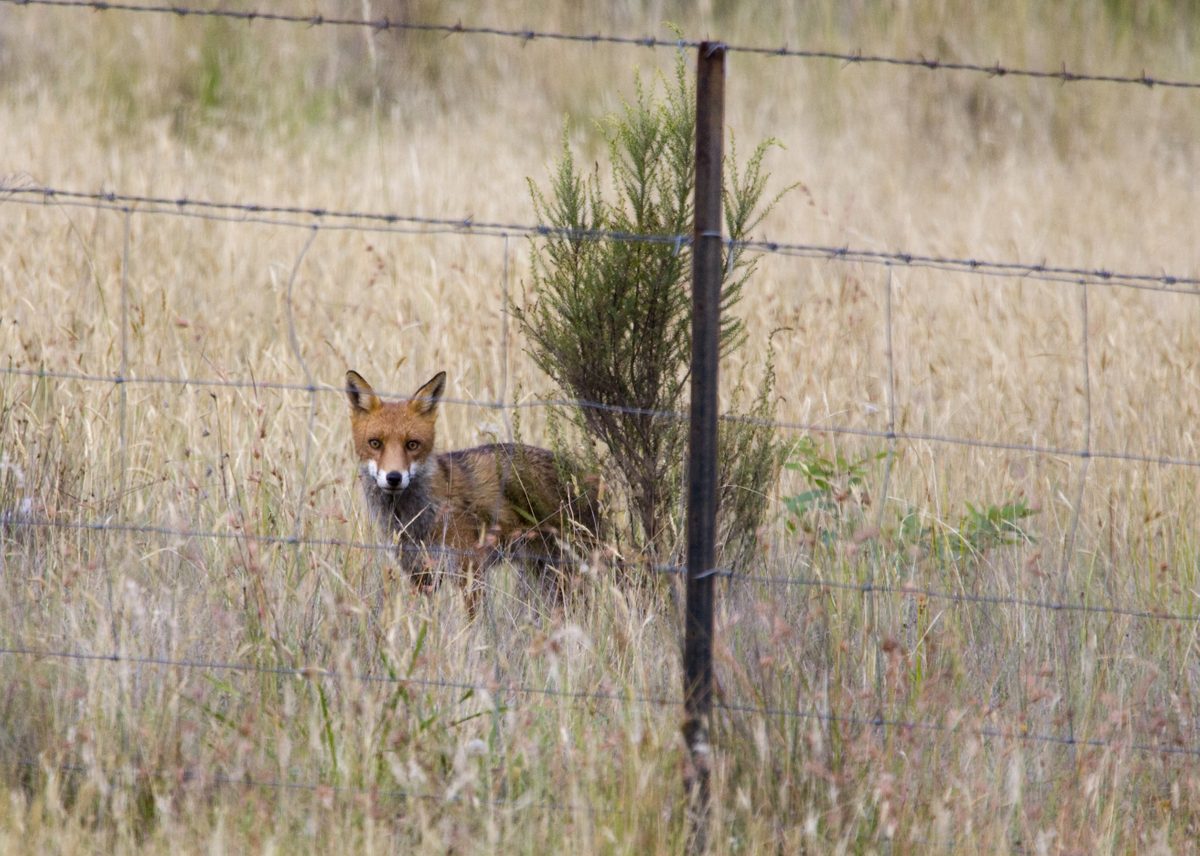Empowering Local Action for the Murray-Darling Carpet Python’s Future
As the weather warms up, the Murraylands and Riverland Landscape Board is asking members of the public to continue to report sightings of the Murray-Darling carpet python.

This rare, native python was once common across south-eastern Australia including many areas of the Murraylands and Riverland. Land clearance, habitat loss, foxes and illegal poaching have had a significant impact on the number of Murray-Darling carpet pythons in the region.
Landscape board Threatened Fauna Ecologist Mel Burford is asking members of the community to support the project by recording Murray-Darling carpet python sightings.
“Since the launch of the project 12 months ago, we’ve had 31 sightings logged on iSPYthon. This is a fantastic result considering that only 16 sightings were recorded in our region on the Biological Database of South Australia (BDBSA) over a 10-year period (2013-2023) before the project began.” Mel said.

This information will be used to form a better understanding of current distribution, and what habitat types they prefer throughout the seasons and their lifecycles” Mel added.
While many people find pythons to be less than charming, Ms Burford said that there is much to love about the Murray-Darling carpet python.
“Murray-Darling carpet pythons are non-venomous, beautifully patterned, typically timid and pose little to no threat to people. In fact, they do valuable work by eating rodents and rabbits, helping to preserve natural ecosystems for native species”.
“People are encouraged to keep an eye out for pythons in the wild, particularly if you’re spending time along the river and backwaters,” she added.
Murray-Darling carpet pythons may be spotted on the ground, in vegetation, near waterways, rocky outcrops, in rabbit warrens, in tree hollows, trees, and even pump sheds and crossing roads.
Carpet python info session at the Woolshed Brewery
A free information session will be held on Sunday, 17 November 2024, to help community members gain a better understanding of the species and learn how to contribute to the iSPYthon project. Registration is essential, as places are limited.
This project is supported by the Murraylands and Riverland Landscape Board through funding from the landscape levies.


